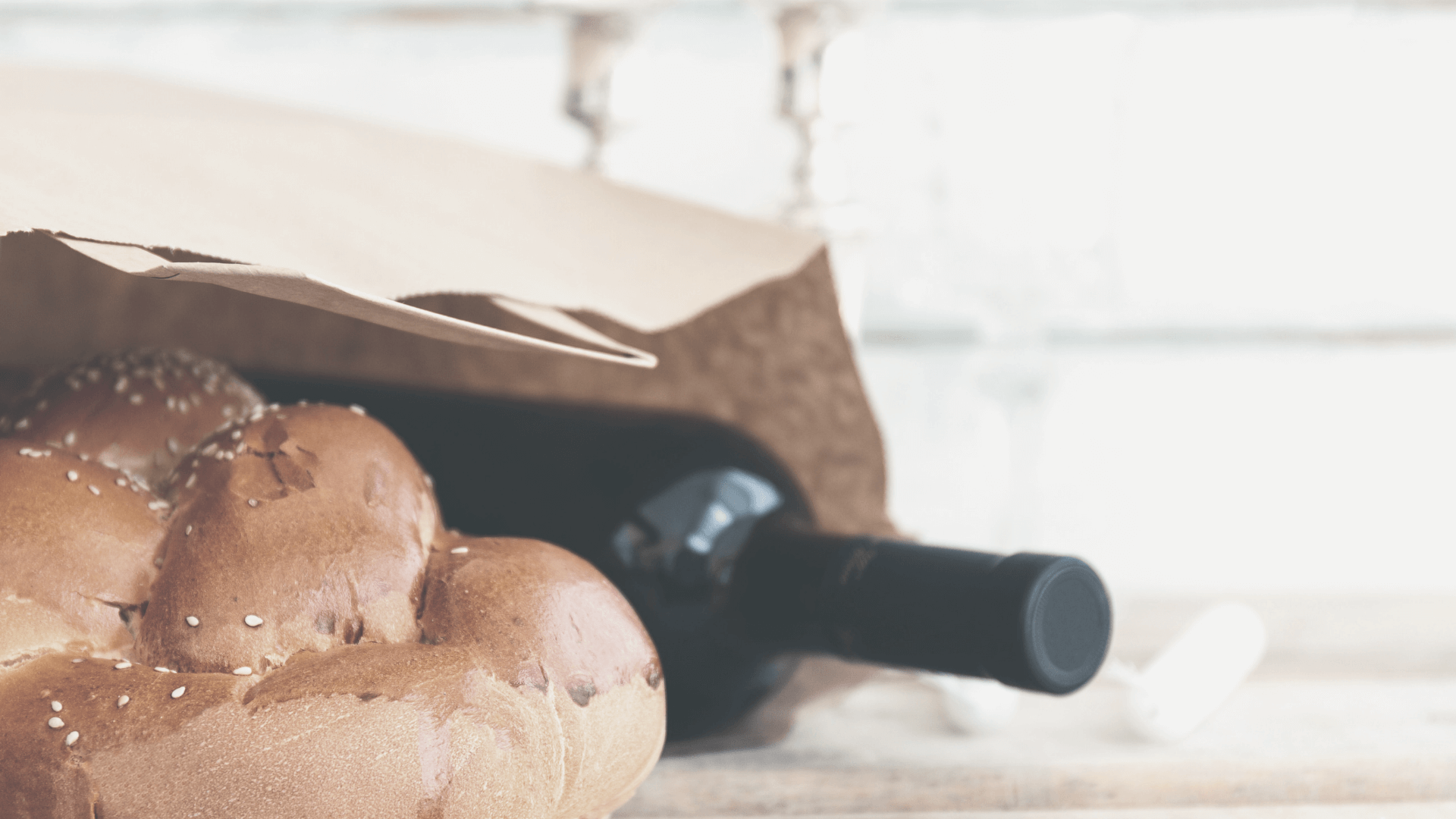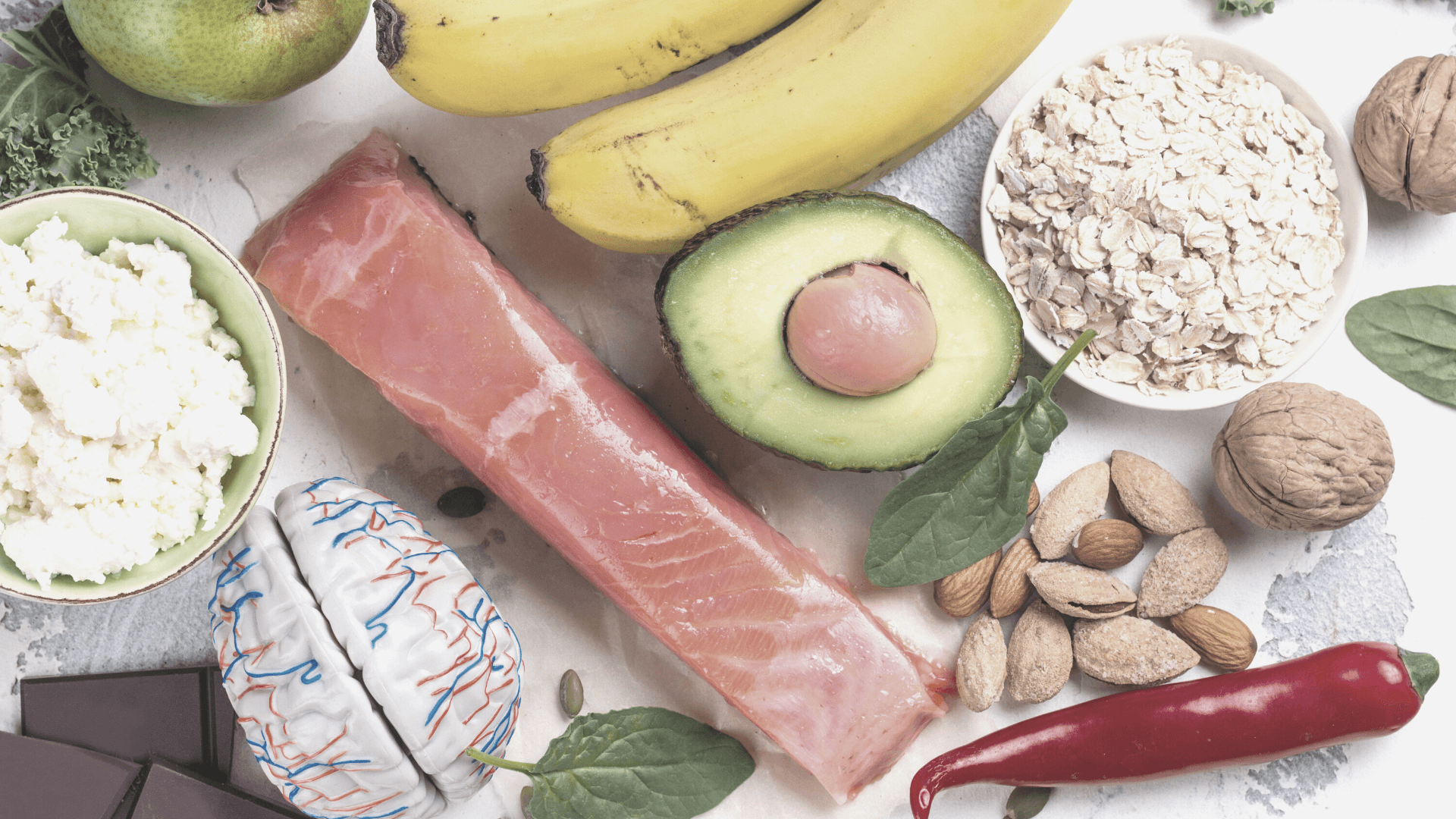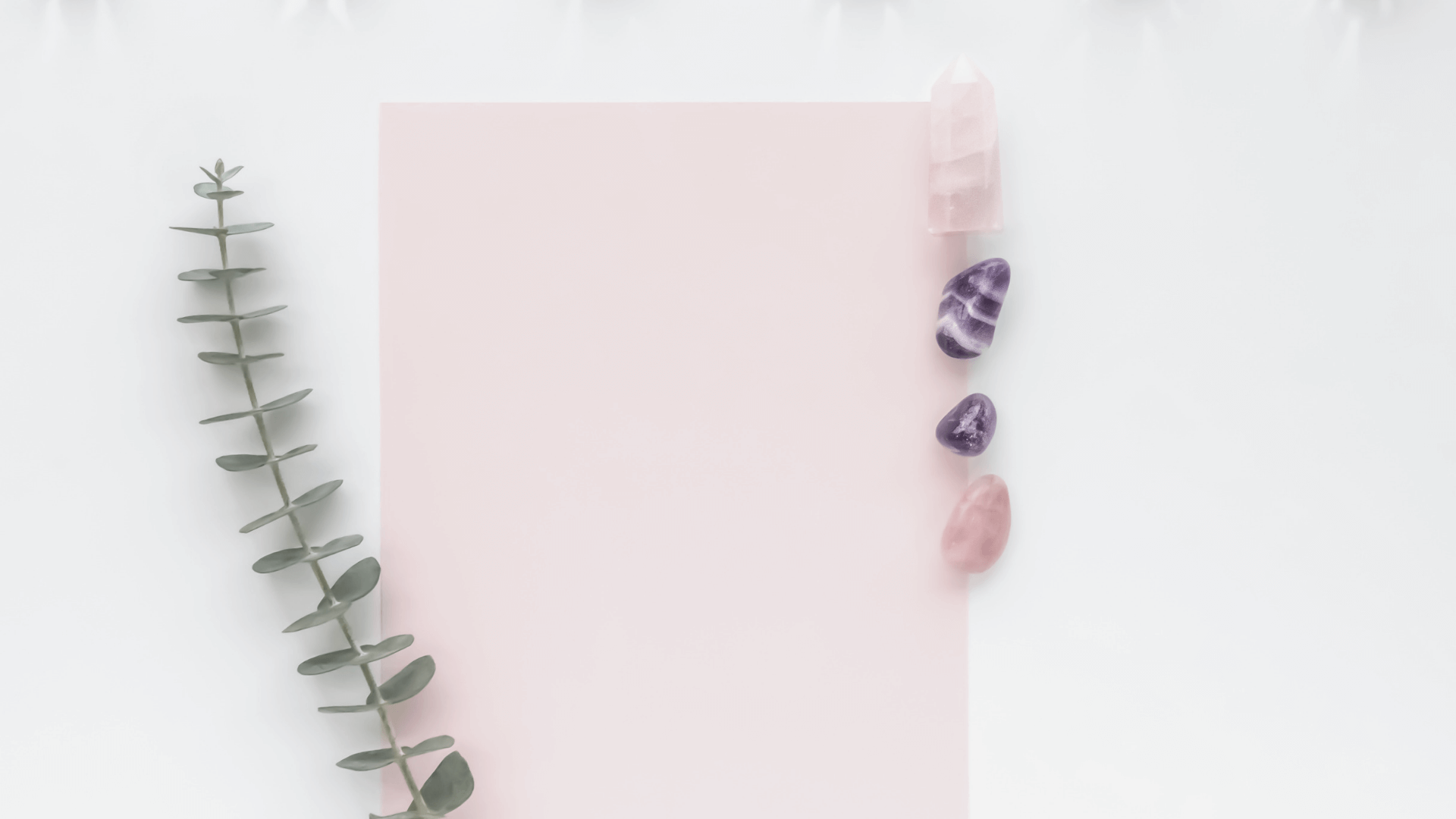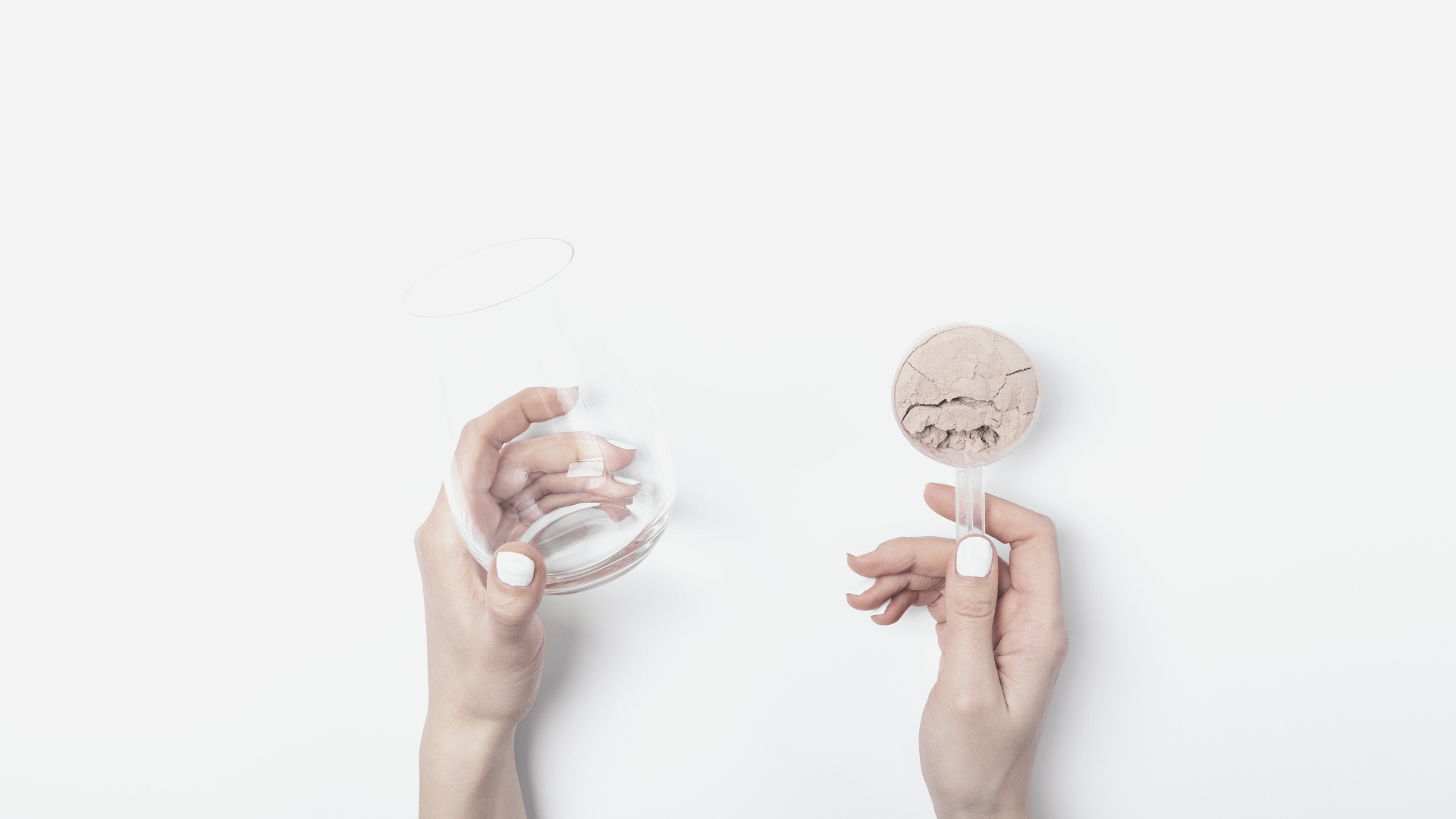I’m asked a lot about monk fruit vs stevia. Which one should I choose?
For nonnutritive sweeteners, monk fruit and stevia are very common options.
I wanted to write about this topic for two reasons:
- It’s holiday baking season so you’re likely to use and/or consider using both at some point.
- My book, The Leaky Gut Meal Plan: 4 Weeks to Detox and Improve Digestive Health uses stevia in some recipes. But I actually use monk fruit primarily.
So let’s chat.
What is Monk Fruit
Monk fruit is the brand name. It’s official name is luo han guo or “Buddha fruit.”
It is a very sweet and round dried fruit typically grown in southern Chinese provinces such as Guangdong, Guizhou, Hunan and Jiangxi. In the U.S., luo han guo or monk fruit is Generally Recognized As Safe (GRAS) for use as a sweetener or flavor enhancer for food and beverages, excluding meat and poultry products.
Here are some other things to know about monk fruit:
- The extract is 150-250 times sweeter than table sugar, has zero calories and carbs, and does not raise blood glucose levels.
- The luo han guo fruit and its extract is popular in TCM (traditional chinese medicine), and is slowly gaining recognition in other places because of its potential benefits.
- Some of its benefits include: anti-inflammatory properties, anti-aging properties, relieving allergies, helping control diabetes, and boosting immunity.
- Caution if you are allergic to members of the gourd family (which luo han guo belongs to) such as pumpkins, squash, cucumbers and melons.
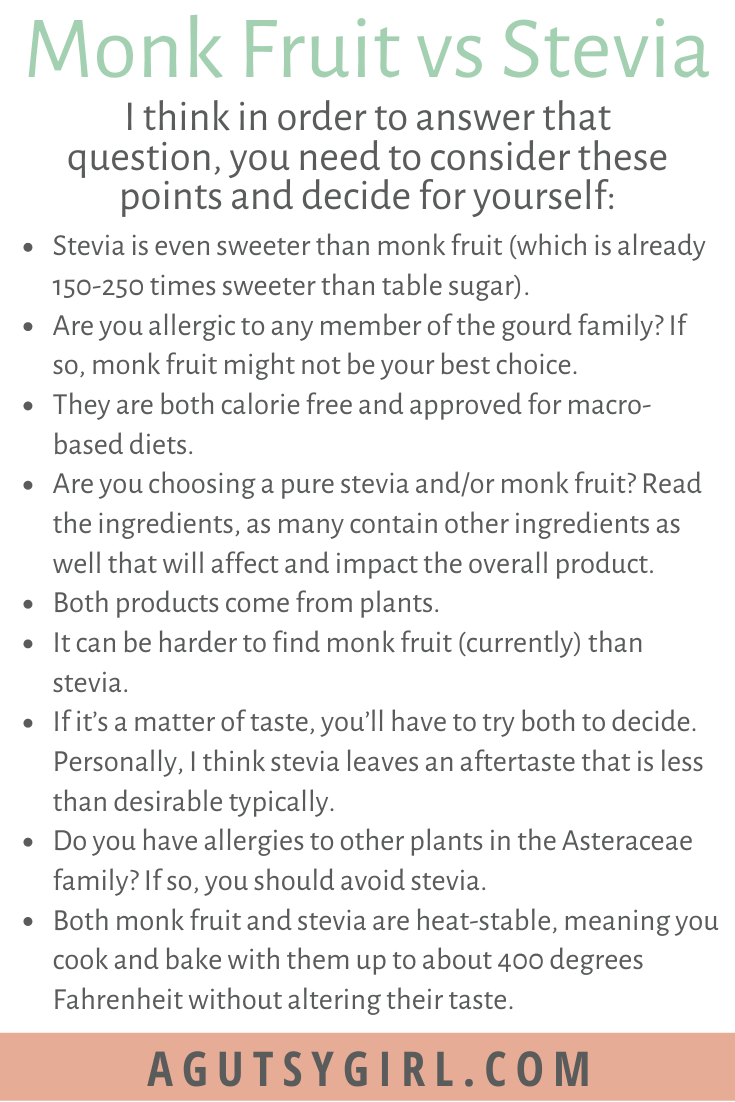
What is Stevia?
Stevia also goes by the (brand) names: SweetLeaf (inulin), PureVia (dextrose and cellulose), SunCrystals (cane sugar), and Truvia (erythritol)
It is an intensely sweet-tasting plant that has been used to sweeten beverages and make tea since the 16th century. The plant is originally native to Paraguay and Brazil but is now also grown in Japan and China. Stevia is used as a non-nutritive sweetener and herbal supplement.
Here are more things to know about stevia:
- Stevia tastes 200 to 300 times sweeter than table sugar.
- It is a bushy shrub that is part of the sunflower family.
- Stevia plants, also known as sweet leaf, are perennial shrubs native to Paraguay that include over 150 different species.
- Stevia is not artificial.
Source: HERE
Monk Fruit vs Stevia
Click HERE to save this post for later.
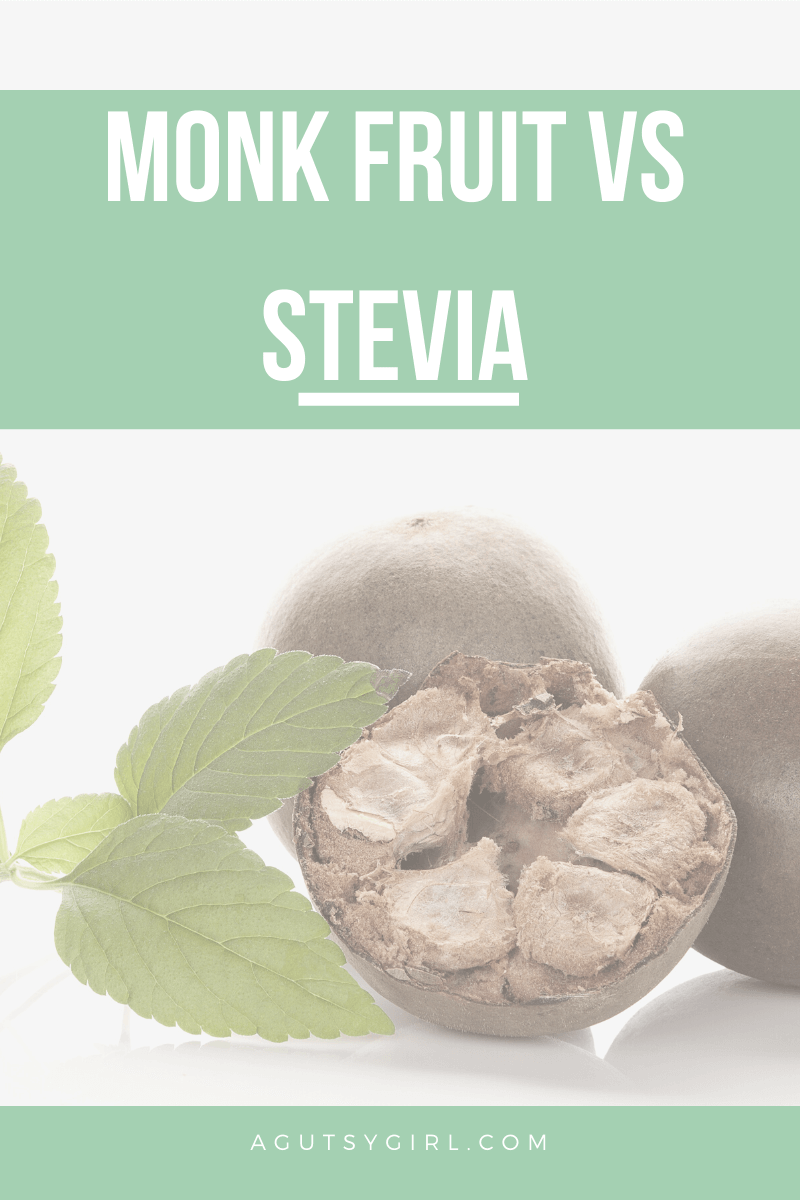
So the question remains. Which should I choose, monk fruit or stevia?
I think in order to answer that question, you need to consider these points and decide for yourself:
- Stevia is even sweeter than monk fruit (which is already 150-250 times sweeter than table sugar).
- Are you allergic to any member of the gourd family? If so, monk fruit might not be your best choice.
- They are both calorie free and approved for macro-based diets.
- Are you choosing a pure stevia and/or monk fruit? Read the ingredients, as many contain other ingredients as well that will affect and impact the overall product.
- Both products come from plants.
- It can be harder to find monk fruit (currently) than stevia.
- If it’s a matter of taste, you’ll have to try both to decide. Personally, I think stevia leaves an aftertaste that is less than desirable typically.
- Do you have allergies to other plants in the Asteraceae family? If so, you should avoid stevia.
- Both monk fruit and stevia are heat-stable, meaning you cook and bake with them up to about 400 degrees Fahrenheit without altering their taste.
Monk Fruit, Stevia, and Gut Health
Artificial sweeteners get a bad rap when it comes to gut health. And honestly, for good reason. Studies prove that artificial sweeteners are toxic for gut bacteria.
Both monk fruit and stevia, according to most, have been removed from the toxic artificial sweetener category. Here is some proof:
- Unlike some sugar alcohols, monk fruit doesn’t cause gastrointestinal issues such as bloating and diarrhea.
- Dr. Amy Myers says that both stevia and monk fruit are good for autoimmune diets.
- Real stevia leaf is healthy if used in moderation. However, the popular Truvia and other commercial brands contain GMO erythritol and are contaminated during the processing of the leaf into the white powder we buy in packets.
Sources: HERE, HERE, and HERE.
Of course you will find studies and thoughts about how both stevia and monk fruit are not good options.
Personally, for overall gut healing and health, I think it boils down to these two things:
- Quality of the stevia and / or monk fruit and
- Quantity consumed on any given day in any given setting.
Where to Buy Stevia and Monk Fruit
- Lakanto HERE (yes, there is some Non-GMO erythritol in it) I’m a fan of Lakanto, though.
- Pure Monk Fruit
- 100% Monk Fruit Extract Powder
- NOW Foods Organic Stevia Powder
- NOW Foods Flavored Liquid Stevia (there are some other ingredients in these, but for special occasions, if desired)
Which Do I Prefer and Choose?
In a period of intense gut healing, I avoided all sugars almost exclusively. When I wanted a little something, depending on where I was at on the journey and how I was feeling, I’d choose: honey, maple syrup, coconut sugar, monk fruit, or stevia.
Between stevia and monk fruit, I chose stevia in the beginning. But when I made correlations with stevia and cystic back acne, I completely cut it out for a long time. And that’s what I personally needed.
Today, I have stevia in small amounts with no problems.
As I got further into my healing, I always chose monk fruit and that worked perfectly for me. To this day, it’s my top choice for a nonnutritive sweetener.
You’ll notice stevia mentioned more than monk fruit in the book. This is because the editors felt stevia was far more common. Personally, I would have used monk fruit over stevia, but I do believe you can use what works for you.
Take the information presented in this article and do what’s best for you on your journey!
Xox,
SKH
🤰 bloating be gone! weight loss through optimal gut health for women
💃ʜᴇᴀʟ ʏᴏᴜʀ ɢᴜᴛ. ʜᴇᴀʟ ʏᴏᴜʀ ʟɪfe.
🫶🏻 founder gutbyome.com

